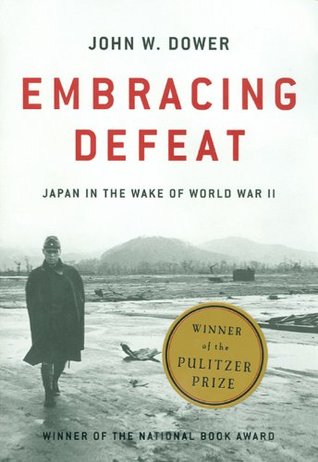Other writings that appeared around the time the Tokyo trial ended reinforced such reconstructions of the war’s meaning. One of the most famous of these was Takeyama Michio’s Harp of Burma (Biruma no Tategoto), an enormously popular novel (soon made, like Listen—Voices of the Ocean, into a movie). Takeyama attempted to do through fiction what Tanabe Hajime had ventured through philosophy: to convey the meaning of the war—the themes of suffering, guilt, and atonement in particular—by way of Buddhism.
Welcome back. Just a moment while we sign you in to your Goodreads account.


